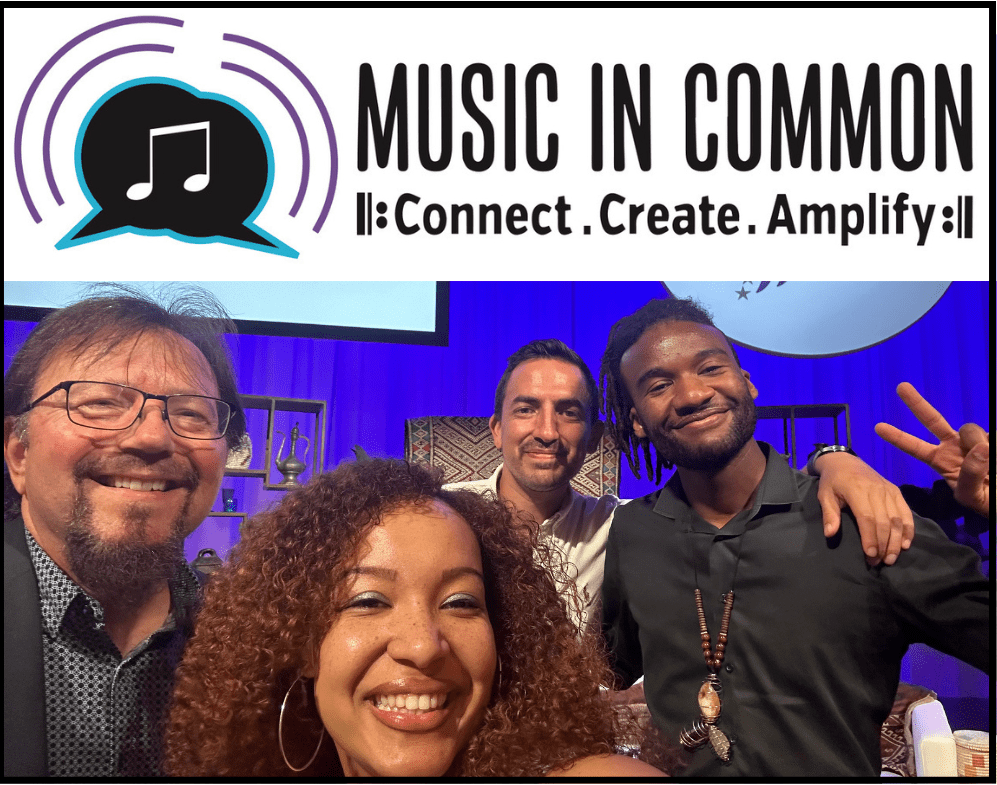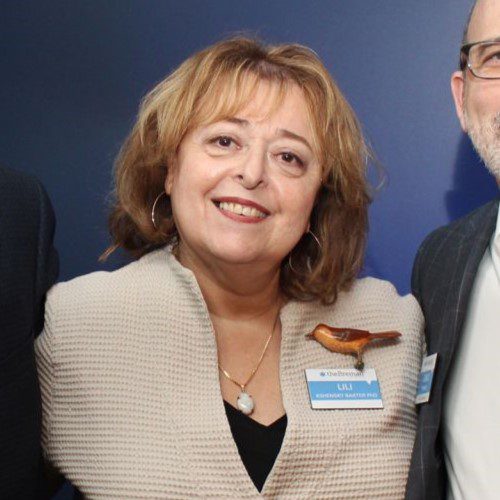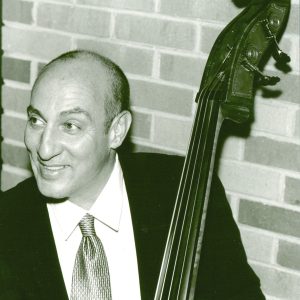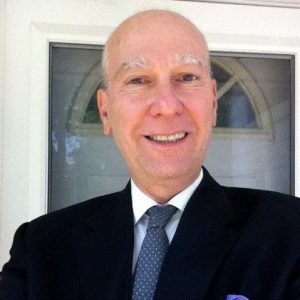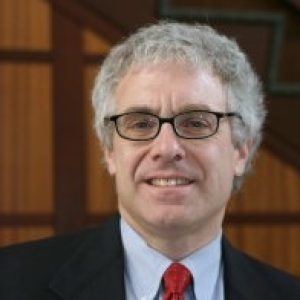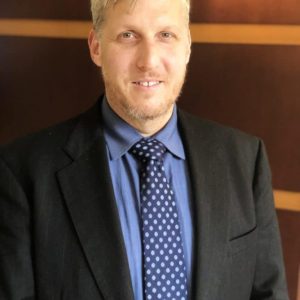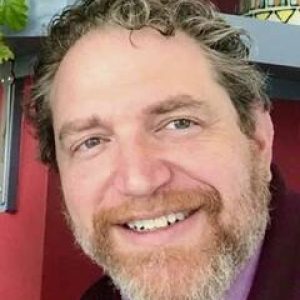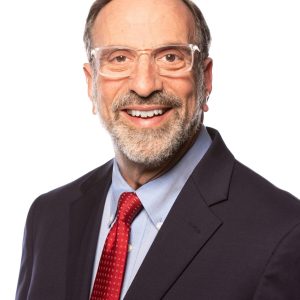VA'ERA 5779
BEYOND OUR LIMITS
January 3, 2019
27 Tevet 5779
Moses was acutely sensitive of his speech defect. He sought to convince God that it disqualified him from accepting the Divine mandate to appear before Pharaoh and demand the liberation of the enslaved Israelites. Moses' initial foray into the palace is a disaster. Pharaoh dismisses him and then proceeds to harden the already difficult enslavement. The Israelites turn on Moses for making their situation worse. Moses, in turn complaints to God, "O Lord why did You bring harm upon these people? Why did you send me?" (Exodus 5:22)
An unperturbed God assures Moses that, His promise to the patriarchs would be fulfilled. He also assures Moses that when He is through with Pharaoh, he would free the Israelites who Moses would then lead to the Promised Land. Moses adheres to God's command to bring these tidings to the people, "but they would not listen to Moses, their spirits crushed by cruel bondage" (ibid 6: 9).
Moses attributes his failure to his speech defect and once again turns to God in the hope that he would be released from his mission. God, however, understood Moses' failure was not due to his halting speech, but to the inability of the people to focus on the possibility of redemption. God does not respond to Moses self-deprecation and once again sends him to Pharaoh with the warning of the plagues that would be unleashed upon Pharaoh and all of Egypt. With each additional plague, as the morale of the people was raised, they would respond to Moses' assurance that their liberation would soon become a reality. A receptive Israelite community soon had little problem in hearing and understanding Moses. His concern about his speech defect seemed to recede and, interestingly enough, the Torah makes no further mention of it during the 40 years that Moses served the Israelites as their leader and teacher.
The Talmud in its day, and Albert Einstein over two millennia later, provide a perspective on responding to seemingly impossible challenges.
During the desert marches, the Mishkan (Desert Tabernacle) was disassembled and its various components placed on wagons. The Holy Ark, however, the most sacred symbol of God's presence, was carried on the shoulders of the priests. The wooden ark, both inlaid and covered with gold, and containing the stone tablets of the Ten Commandments, was surely a heavy burden. The Talmud contended that the Ark somehow lifted up those who carried it. The insight is that often a seemingly impossible challenge, once undertaken, unleashes a positive momentum.
FDR consistently ignored his Vice Presidents. Thus, following FDR's sudden death in 1945, Harry Truman, unknown to most Americans, was suddenly the president. Once in the Oval Office, Truman managed to find the energy and the know how to shoulder the enormous responsibilities of the office. Rather than dwell upon his inadequacies, he somehow enabled the office to lift him up.
Einstein is reputed to have said, "Once we accept our limits, we go beyond them." His observation was that, through hard work and intense self-determination, we will not only overcome our limits but somehow acquire new strengths. It's obviously not easy to do, but it's amazing how adversity helps us grow.
No life is exempt from challenges. Even in the areas in which we feel most secure, situations arise that seem unmanageable. We experience this malaise as parents, children, employers, employees, teachers and students. Yet, through hard work, often undertaken together with a counselor or guide, these limits can be transcended, thereby enabling us to function at a level that we never believed possible. Can we be better than we are? It's an existential question that each of us must answer for him/herself.
God did not let Moses off the hook. He simply kept him focused on the challenge to speak as best as he could, confident that Moses would grow in the role God had set out for him. Moses' four decades of successful leadership justified the Divine confidence.
It has been said that God is not through with any of us; that we are each in the state of becoming. Our task is to summon our intellectual, physical and emotional energy to help God help us, not only to accept our limits, but somehow to go beyond them.
—
From the holy city of Jerusalem my best wishes for a Shabbat Shalom u'Mevorach, a Shabbat of peace and blessing.
Rabbi Arnold M Goodman













